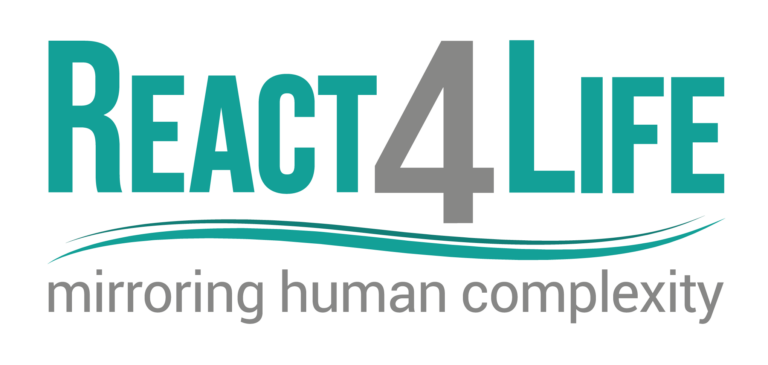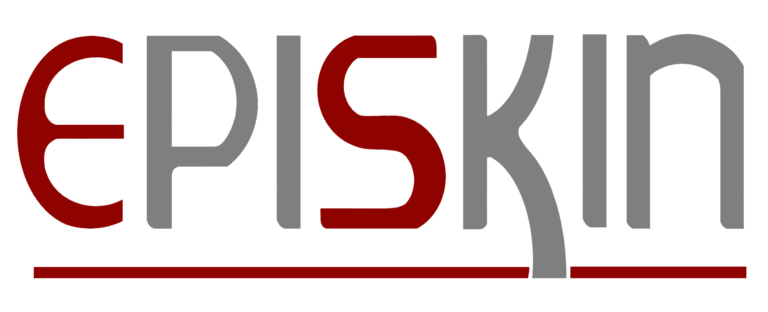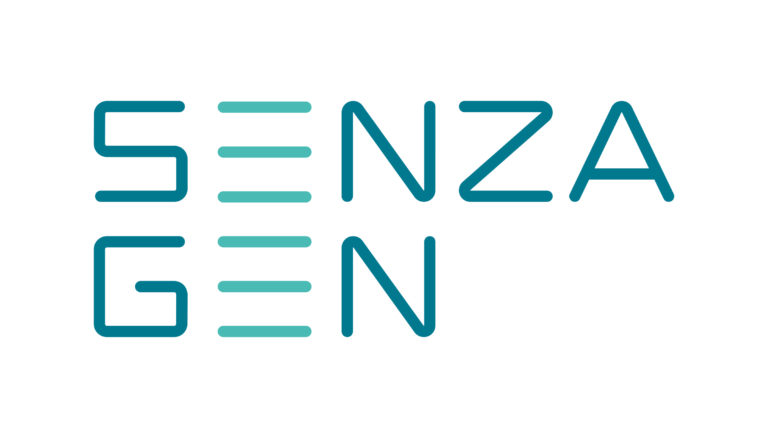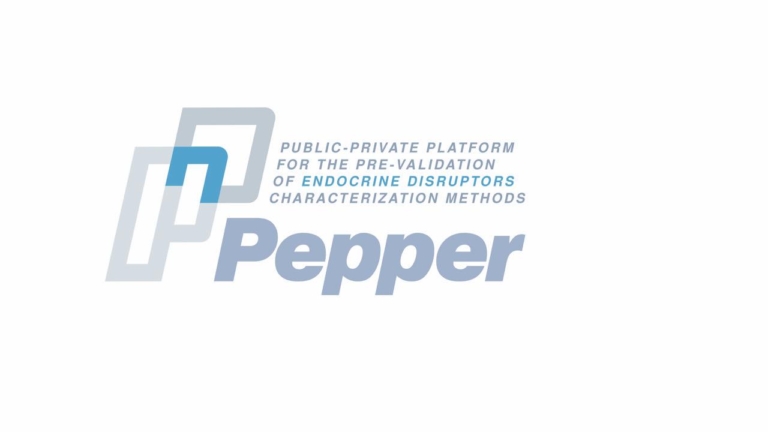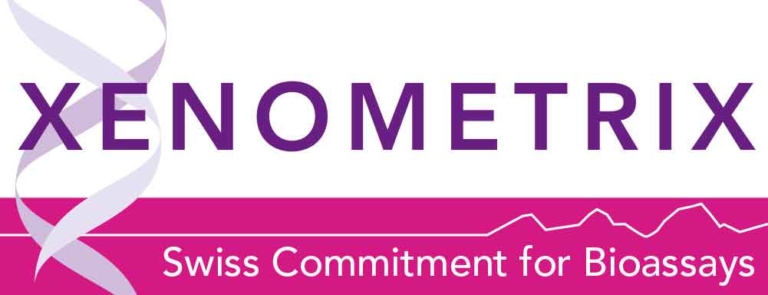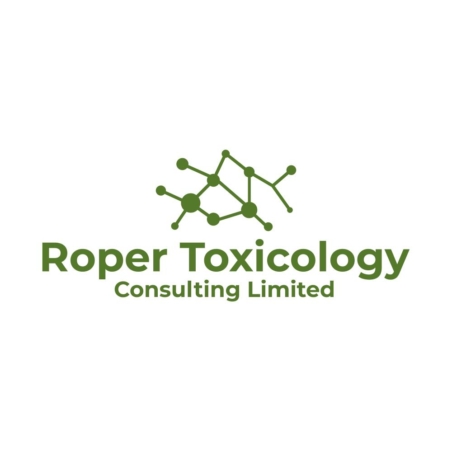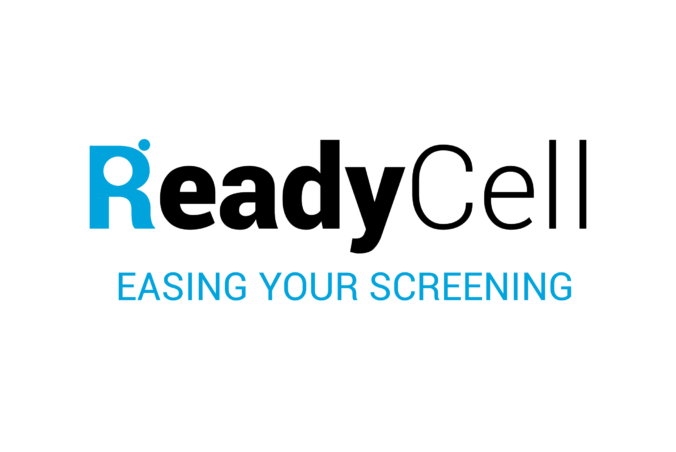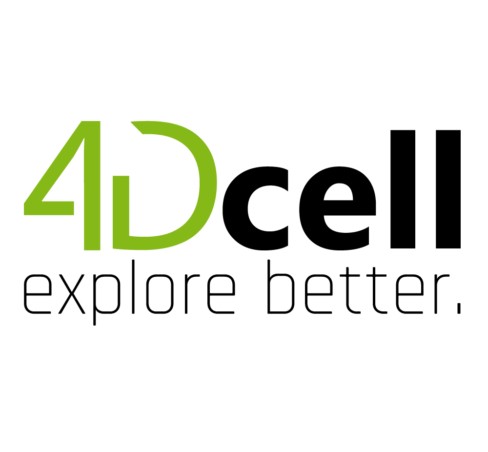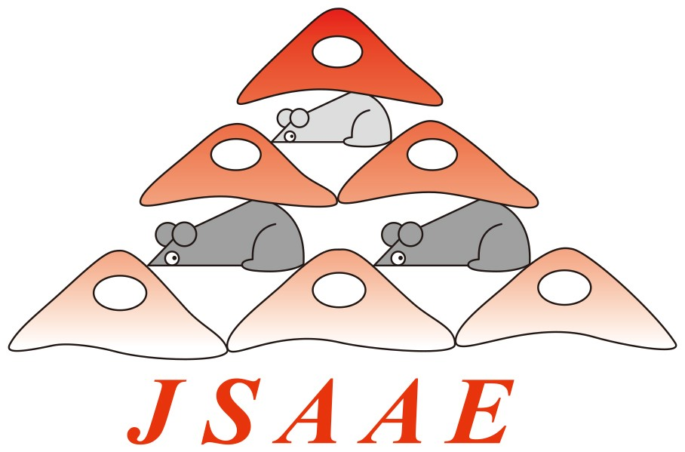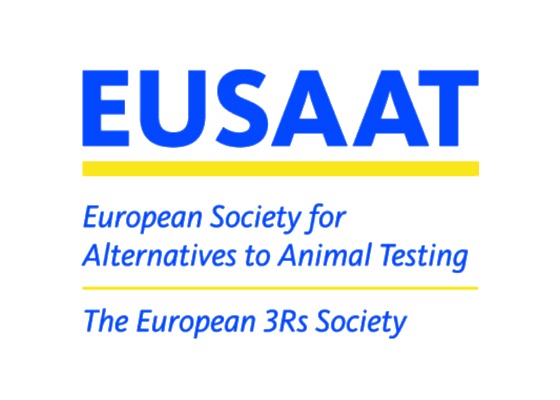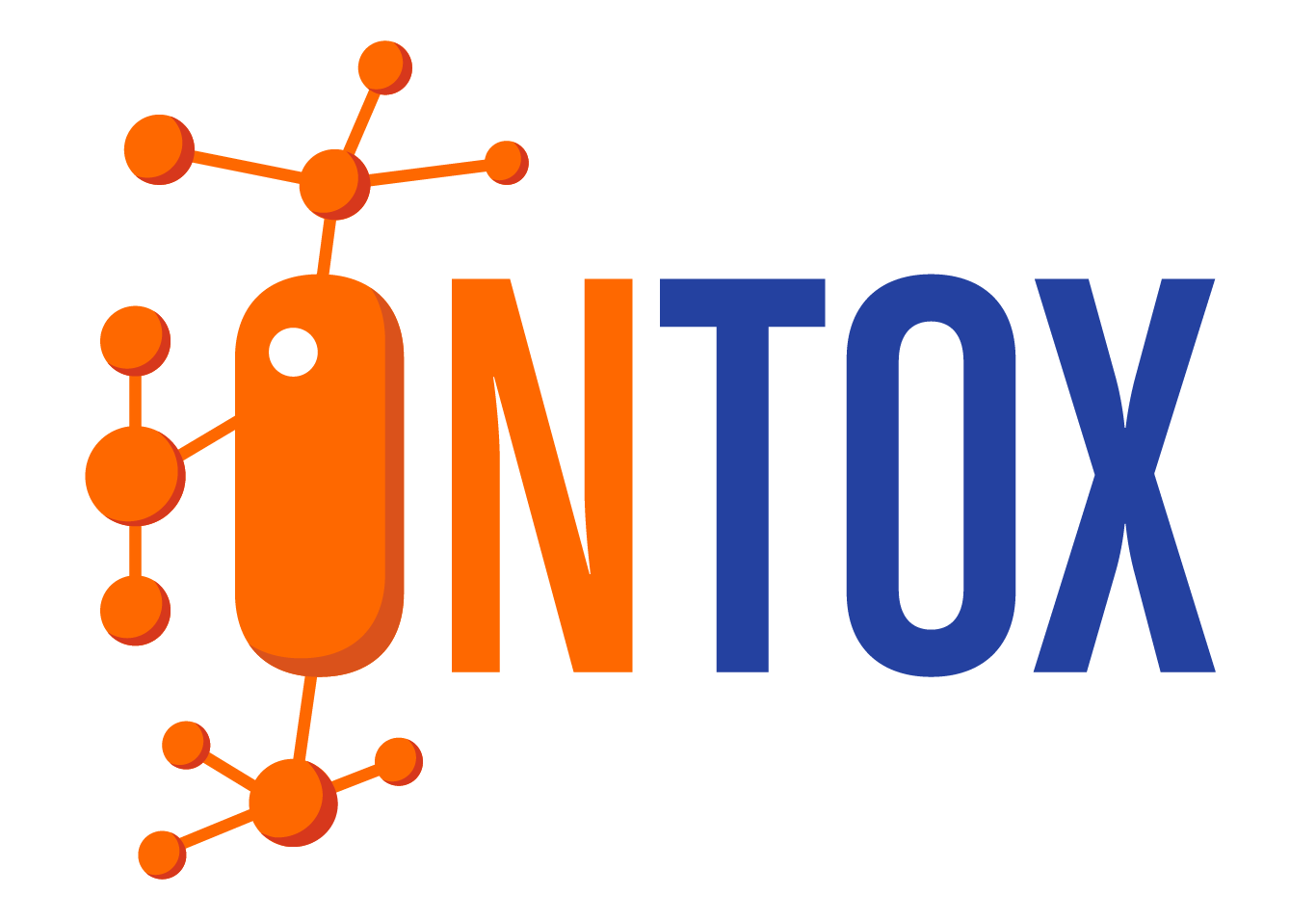
ESTIV will be one of the major dissemination channels in the ONTOX project, which stands for “ontology-driven and artificial intelligence-based repeated dose toxicity testing of chemicals for next-generation risk assessment”. The ONTOX project is supported by a European Horizon2020 grant of more than €17 million, and will generate innovative methods to evaluate the safety of chemical substances without using laboratory animals. The ONTOX consortium consists of 18 European and American partners, and more than 60 scientists, many of them active members of ESTIV. The ONTOX project will kick off on 1 May 2021 for a period of 5 years and will be coordinated by Prof. Mathieu Vinken (Vrije Universiteit Brussel-Belgium), past-president of ESTIV.
The vision of the ONTOX project is to provide a functional and sustainable solution for advancing human risk assessment of chemicals without the use of animals in line with the principles of 21st century toxicity testing and next-generation risk assessment. Specifically, ONTOX will deliver a generic strategy to create innovative new approach methodologies (NAMs) in order to predict systemic repeated dose toxicity effects that, upon the combination with tailored exposure assessment, will enable human risk assessment. This strategy can be applied to any type of chemical and systemic repeated dose toxicity effect. However, for proof-of-concept purposes, focus will be put on 6 specific NAMs addressing adversities in the liver (steatosis and cholestasis), kidneys (tubular necrosis and crystallopathy) and developing brain (neural tube closure and cognitive function defects) induced by a variety of chemicals, including from the pharmaceutical, cosmetics, food and biocide sectors. The 6 NAMs will each consist of a computational system based on cutting-edge artificial intelligence (AI) and will be primarily fed by available biological/mechanistic, toxicological/ epidemiological, physico-chemical and kinetic data. Data will be consecutively integrated in physiological maps, quantitative adverse outcome pathway networks and ontology frameworks. Data gaps, as identified by AI, will be filled by targeted state-of-the-art in vitro and in silico testing. The 6 NAMs will be evaluated and applied in collaboration with industrial and regulatory stakeholders in order to maximise end-user acceptance and regulatory confidence. This is anticipated to expedite implementation in risk assessment practice and to facilitate commercialisation. ONTOX will have a deep and long-lasting impact at many levels, in particular by consolidating Europe’s world-leading position regarding the development, exploitation, regulation and application of animal-free methods for human risk assessment of chemicals.
 The ESTIV Members Area
The ESTIV Members Area